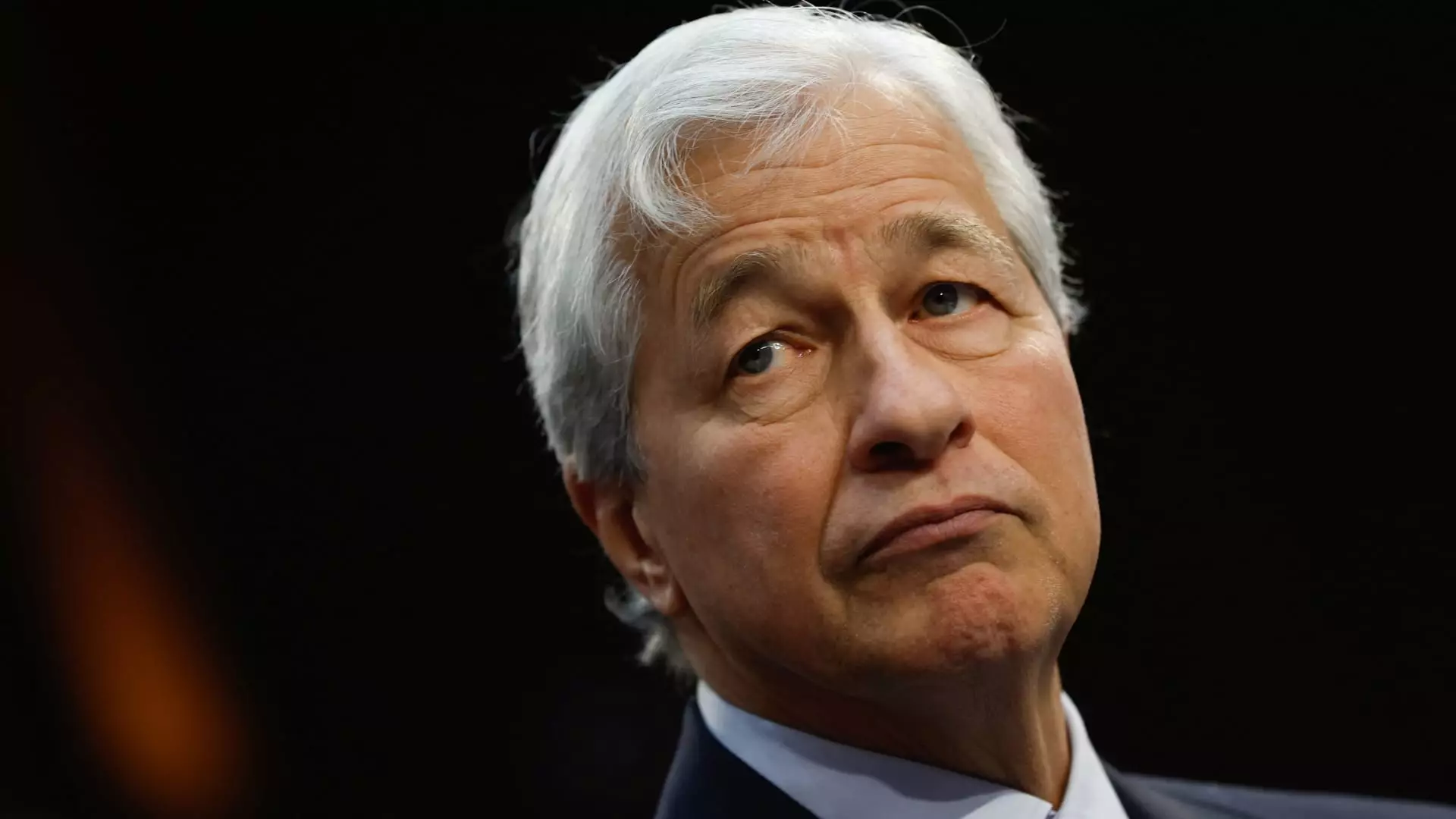In recent comments, JPMorgan Chase CEO Jamie Dimon articulated growing concerns about escalating geopolitical tensions and their potential implications on both human welfare and global economics. The backdrop of his warnings includes active conflicts in the Middle East and the ongoing ramifications of Russia’s relentless invasion of Ukraine, both of which have contributed to an increasingly unstable international landscape. Dimon emphasized that these conflicts pose significant risks not only to short-term economic forecasts but also to broader historical outcomes that shape global politics.
This precarious situation has been significantly influenced by the humanitarian crises ignited by these conflicts. With lives lost in tens of thousands, as recently seen in the Israel-Hamas skirmishes, Dimon’s description of “treacherous” conditions rings alarmingly true. The potential for these local conflicts to escalate into wider confrontations cannot be overlooked, particularly given the active involvement of regional powers like Iran and their capacity to destabilize relations within and beyond the Middle East.
The Unraveling Post-World War II Order
Dimon’s analysis extends to broader trends underscoring a potential reconfiguration of the international order that has prevailed since World War II. Tension between the U.S. and China, coupled with heightened threats from countries capable of “nuclear blackmail,” such as Iran and North Korea, reflects a global atmosphere ripe for volatility. Dimon was clear in his messaging during a recent talk at Georgetown University: strong leadership is essential, emphasizing the need for decisive action from American and allied leaders to address these rising threats.
The term “nuclear blackmail” signals the gravity of these threats, underscoring the outcomes of diplomatic failures. The need for a cohesive response is paramount; without it, this fragile state of affairs may continue to deteriorate, raising the stakes for global security.
Domestic Economic Outlook in Turbulent Times
As these identities on the global stage shift, Dimon remains cautious about the internal U.S. economy. Despite some indications from the Federal Reserve suggesting economic stabilization—a “soft landing”—a host of domestic challenges loom large. Issues such as substantial fiscal deficits, the critical need for infrastructure improvements, and evolving trade dynamics must be addressed with urgency. These factors, compounded by a global remilitarization trend, could pose future risk for U.S. economic stability, a point Dimon did not shy away from mentioning in his recent assessments.
Dimon is right to highlight these issues, as they serve as reminders that while international events may dominate headlines, the interconnected nature of today’s economy necessitates a closer look at domestic policy and its implications for the broader landscape. As the world continues to grapple with uncertainty and conflict, the call for robust leadership—both on a national and international scale—could not be more pressing.
Jamie Dimon’s observations serve as a wake-up call to the complexities intertwining global conflicts and economic conditions. As we face a potentially transformative era in international relations, the importance of vigilant and proactive leadership is key to navigating the uncharted waters ahead.

